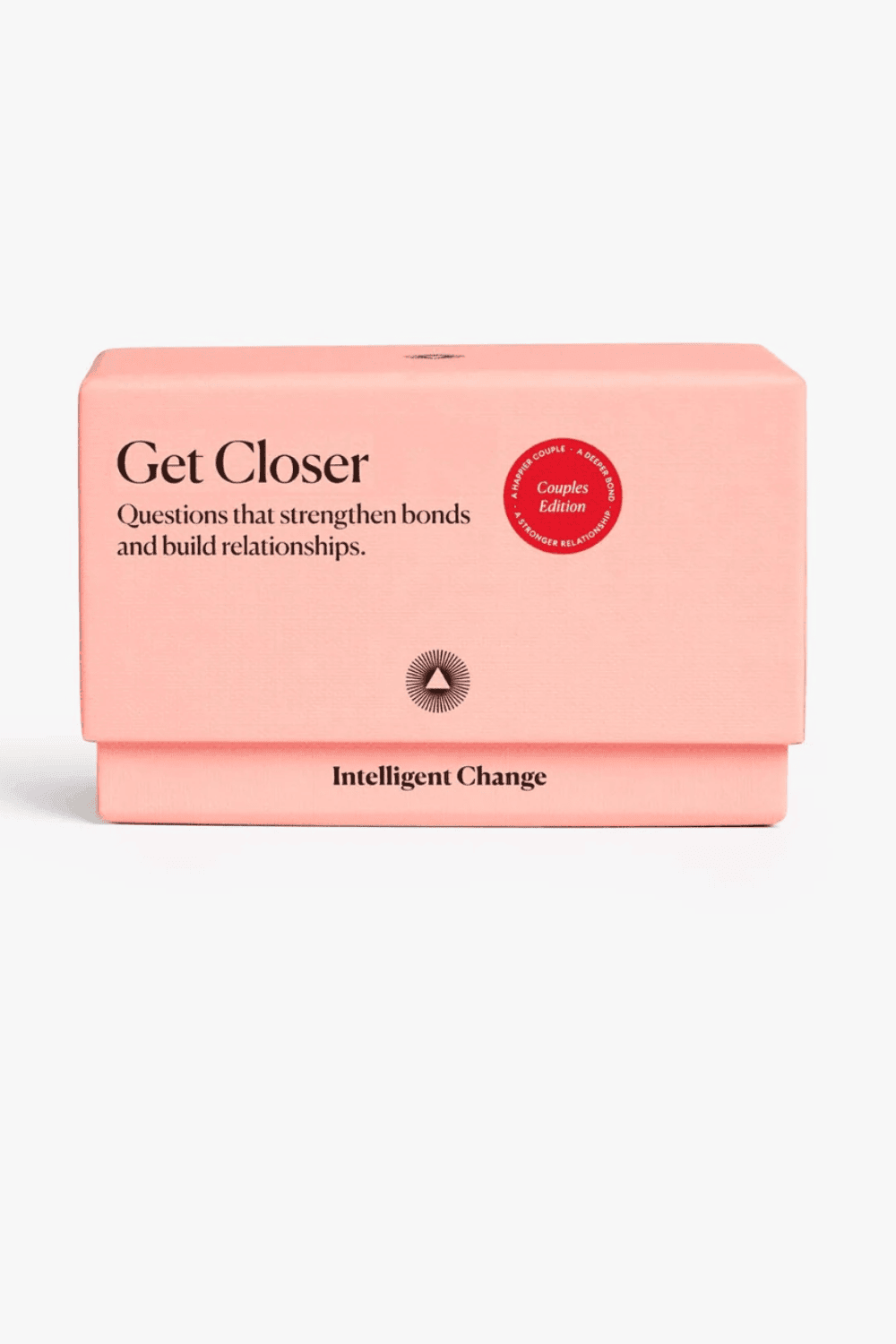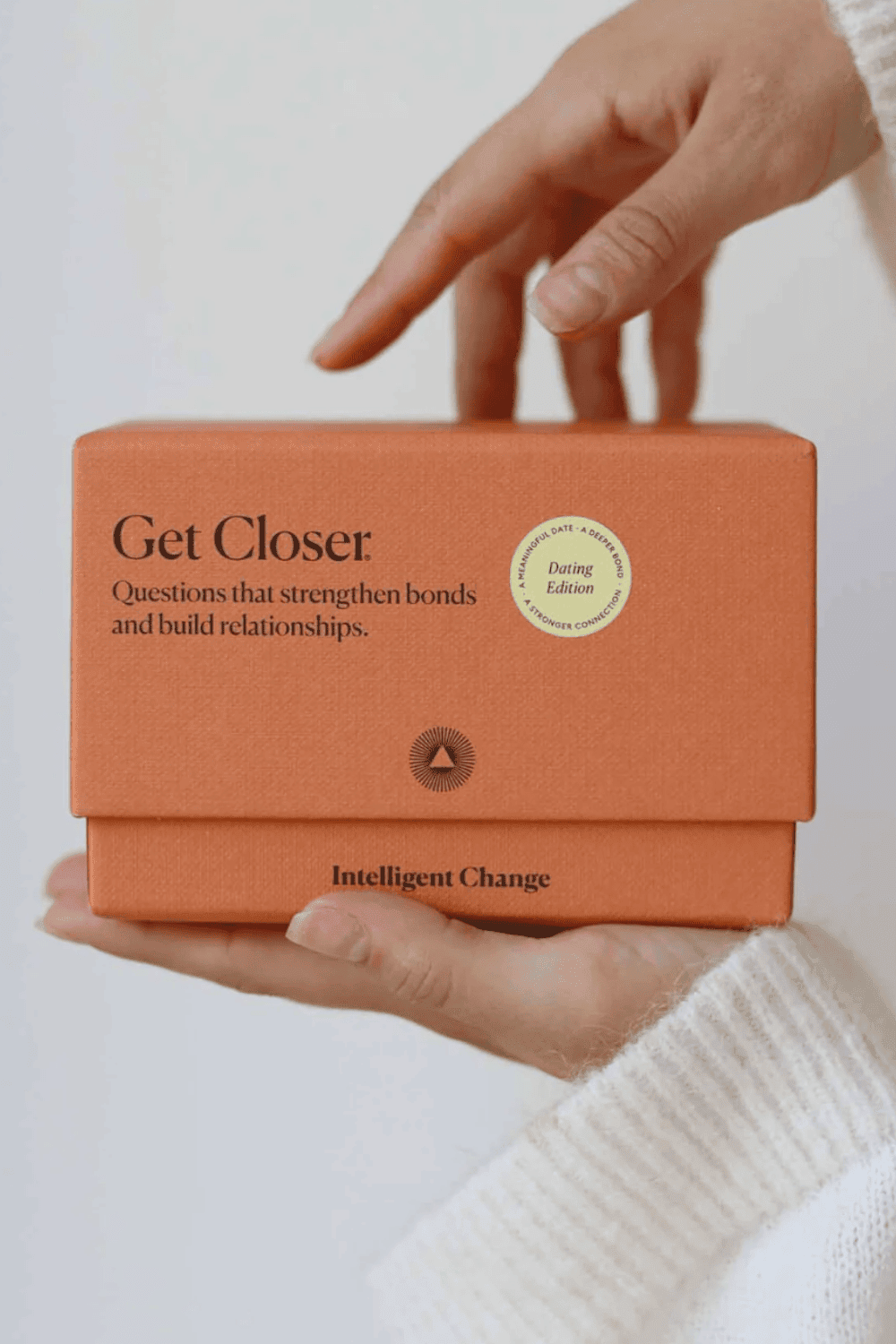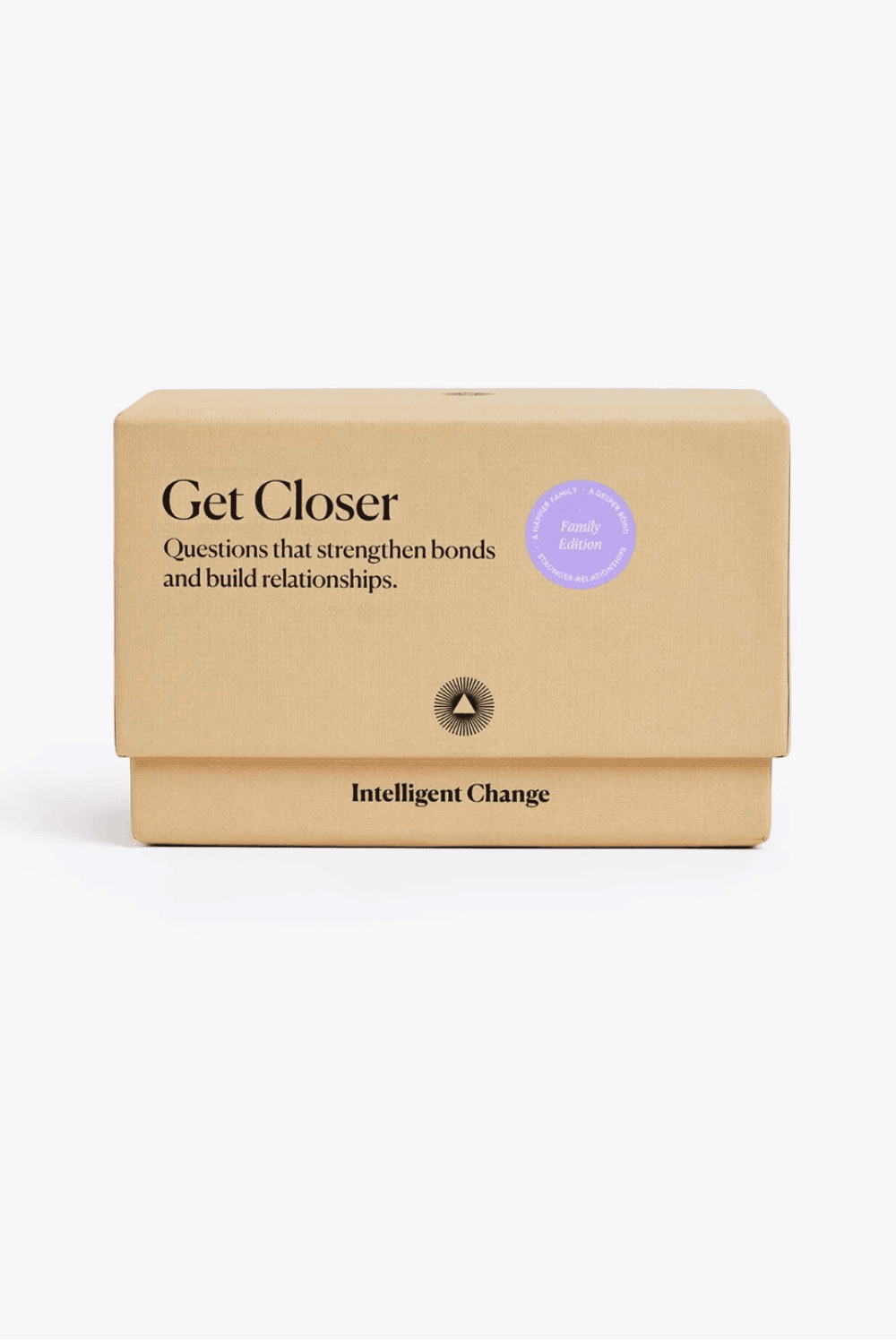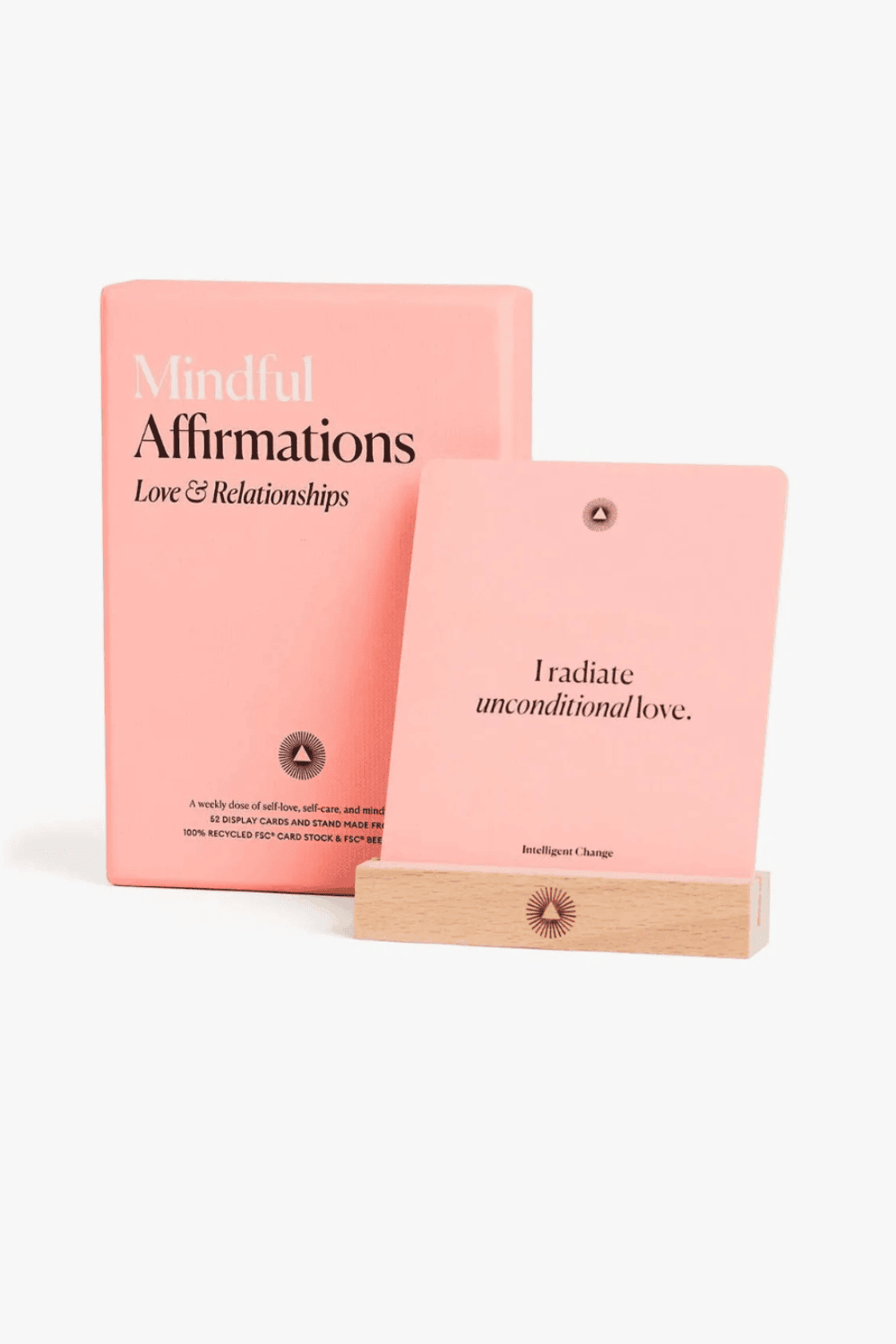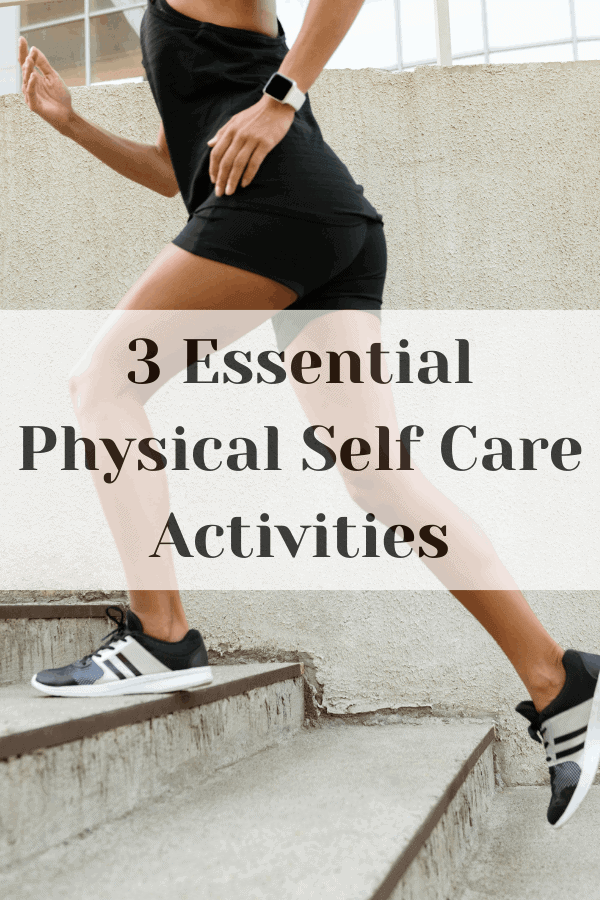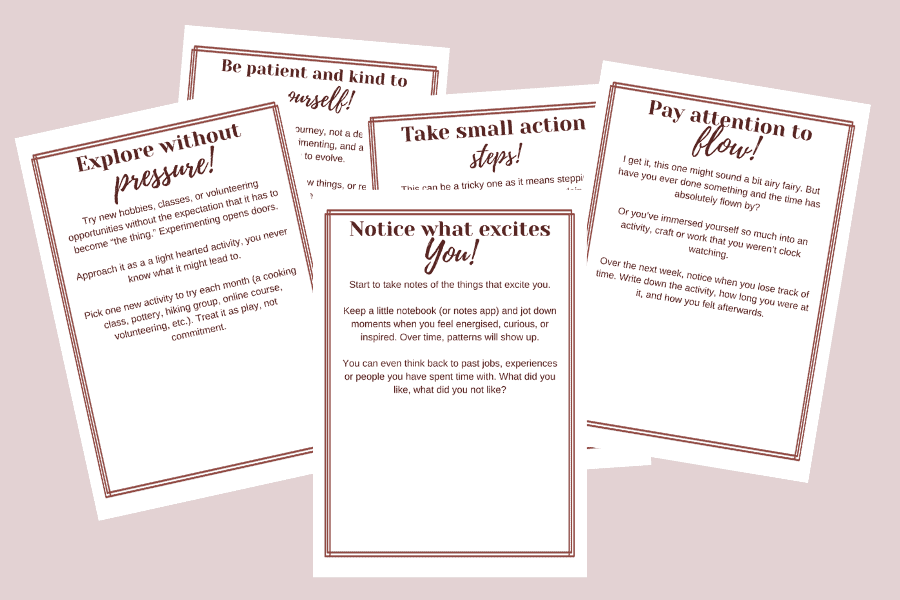The Role of Relationship Self-Care in Your Life
This post may contain affiliate links, which means I’ll receive a commission if you purchase through my links, at no extra cost to you. Please read full disclosure for more information.
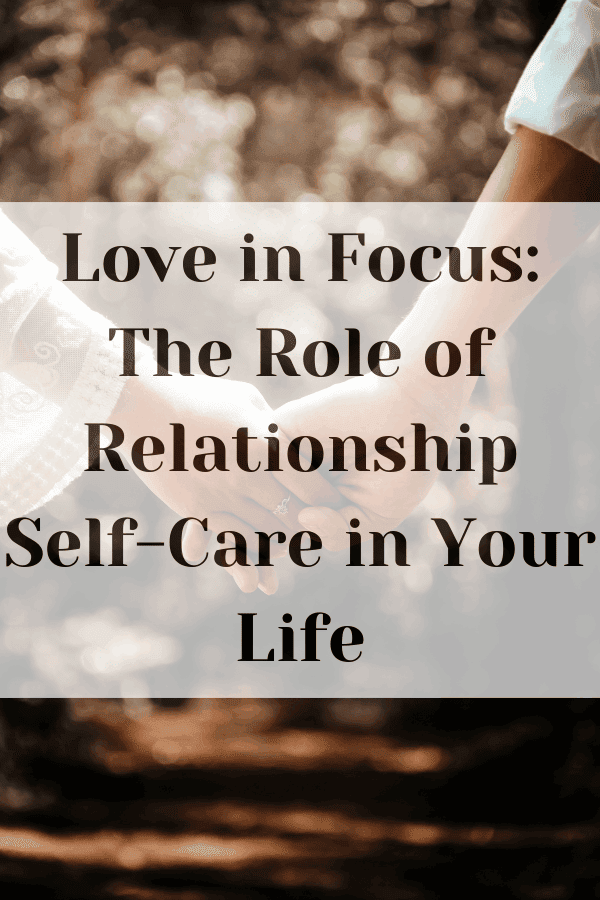
In the whirlwind of our daily lives, it’s easy to get caught up in routines, work, and responsibilities, often leaving our relationships on the backburner.
We all know the importance of self-care—taking time to recharge, relax, and focus on our well-being.
But what about the care and attention our relationships need?
This is where relationship self-care comes into play.
Relationship self-care is all about intentionally nurturing the connection with your partner or loved ones.
Just like watering a plant to help it grow, our relationships need consistent care and attention to flourish.
It’s not just about grand gestures; it’s the small, everyday efforts that make the biggest difference.
Whether you’ve been together for years or are just starting out, incorporating relationship self-care into your routine can strengthen your bond, enhance communication, and bring more joy into your partnership.
And the best part? It doesn’t have to be complicated.
In this post, we’ll explore fun, simple ways to practice relationship self-care that will help you and your partner stay connected, even in the midst of life’s busyness.
This post is about relationship self care
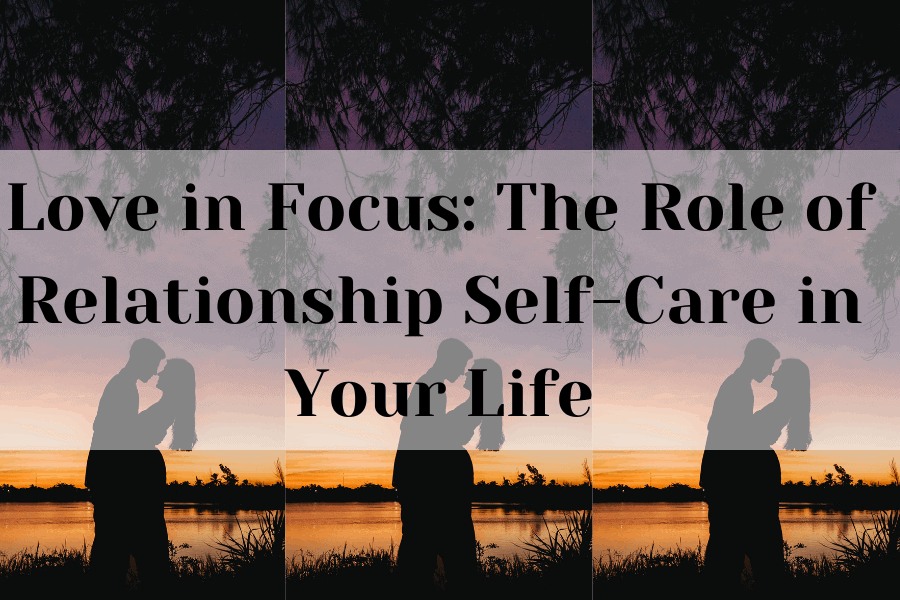
How To Focus On Your Relationship
Quality Time
In any relationship, spending quality time together is crucial.
It’s the glue that holds the connection together, allowing both partners to feel valued and understood.
Dedicating uninterrupted time to your partner creates moments where you can bond, communicate, and simply enjoy each other’s company without the distractions of daily life.
This time is essential for maintaining intimacy and ensuring that your relationship remains a priority amidst other responsibilities.
Ideas For Quality Time
Quality time doesn’t have to be elaborate or expensive. It’s about making the most of the time you have together. Here are a few ideas:
Date Nights
Whether it’s a fancy dinner out or a cosy movie night at home, setting aside a specific time each week for a date night can help keep the romance alive.
Weekend Getaways
Even a short trip can provide a refreshing change of scenery and an opportunity to reconnect.
Cooking Together
Preparing a meal together can be a fun and collaborative activity, allowing you to work as a team while enjoying each other’s company.
Outdoor Activities
A hike, a walk in the park, or a picnic can be great ways to spend time together while enjoying nature.
Games
Even simple cards games, that allows you to open up to each other can allow for a a deeper connection.
Communication
Open and Honest Communication
Clear and honest communication is the foundation of any healthy relationship.
It’s the way we express our thoughts, feelings, and needs to our partner, and it’s crucial for resolving conflicts and preventing misunderstandings.
When both partners are open and transparent in their communication, it fosters trust and understanding, making it easier to navigate challenges together.
Active Listening
Communication isn’t just about talking; it’s also about listening—really listening.
Active listening involves being fully present in the conversation, not just waiting for your turn to speak.
This means making eye contact, nodding to show understanding, and responding thoughtfully to what your partner is saying.
By practising active listening, you show your partner that you value their thoughts and feelings, which can deepen your emotional connection.
Expressing Needs and Boundaries
It’s important to communicate your own needs and boundaries in a relationship.
Whether it’s needing some alone time, setting limits on certain behaviours, or expressing what makes you feel loved and appreciated, clear communication about your needs ensures that both partners feel respected and understood.
Remember, your partner isn’t a mind reader—expressing your needs openly can prevent misunderstandings and ensure that both of you are on the same page.
Physical Touch
Physical Affection
Physical touch is a powerful form of communication in relationships.
It’s a way to express love, comfort, and support without saying a word.
Acts of physical affection, like holding hands, hugging, or kissing, can enhance intimacy and strengthen the emotional bond between partners.
These simple gestures create a sense of closeness and security, reminding both partners of their connection.
Understanding Your Partner’s Love Language
If your partner’s love language is physical touch, it means that they feel most loved and appreciated through physical gestures.
Understanding and responding to this can help you meet your partner’s emotional needs more effectively.
It’s worth taking the time to learn each other’s love languages and incorporating them into your relationship self-care routine.
Emotional Support
Supporting Each Other Emotionally
Emotional support is a cornerstone of any strong relationship.
It involves being there for each other during both the good times and the bad.
Whether your partner is going through a tough day or celebrating a success, showing that you’re emotionally available and supportive can strengthen your bond.
This might mean offering a listening ear, providing words of encouragement, or simply being present when your partner needs you most.
Handling Stress Together
Life can be stressful, and how you handle that stress as a couple can significantly impact your relationship.
When challenges arise, it’s important to approach them as a team.
Discussing stressors openly, brainstorming solutions together, and supporting each other through difficult times can make the burden feel lighter and reinforce the idea that you’re in this together.
Empathy and Understanding
Empathy is the ability to understand and share the feelings of your partner.
It’s about putting yourself in their shoes and responding with compassion and understanding.
When both partners practice empathy, it fosters a deeper emotional connection and a stronger sense of partnership.
This means not just hearing your partner’s concerns, but truly understanding their perspective and offering support that resonates with them.
Now that we’ve explored these key aspects of relationship self-care, it’s time to put them into action.
Integrating these practices into your daily routine doesn’t have to be overwhelming.
Start small—perhaps by setting aside one evening a week for quality time, or by practicing active listening during conversations.
As you incorporate these habits, you’ll likely notice a positive shift in your relationship.
In the end, it’s the small, consistent efforts that make the biggest difference in any relationship.
By prioritising relationship self-care, you’re not just maintaining your bond—you’re actively strengthening it.
A little time, a little attention, and a lot of love can go a long way in creating a relationship that’s not only resilient but also deeply fulfilling.
This post was about relationship self care
Share this post: on Twitter on Facebook
